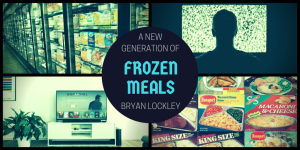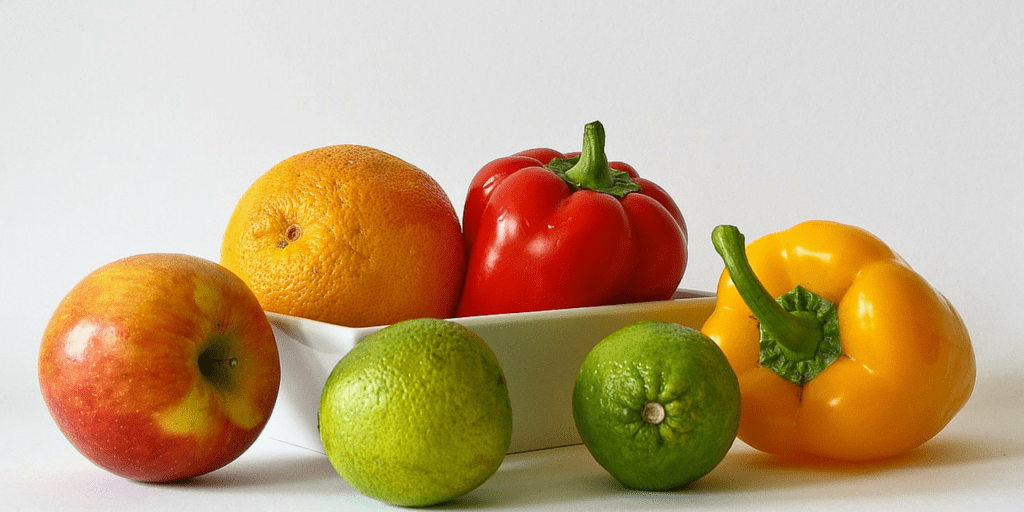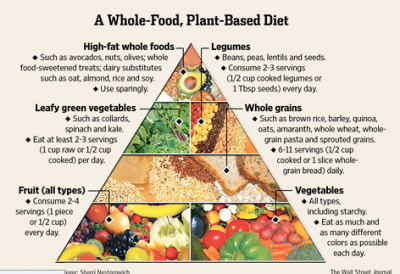
I know what you must be thinking. This is a site about fitness and nutrition. He can’t possibly be advising us to eat frozen meals, can he? Well, no- not exactly. I recently switched to a plant-based diet to support my active lifestyle and I am a huge advocate for eating healthy. However, I also realize that not everyone’s lifestyle is compatible with mine. For busy people constantly on the go, it isn’t always practical to prepare fresh, all-natural meals. So popping a quick frozen meal into the microwave every now and then may be your only option. However, even with frozen meals, you do have the option to eat relatively healthy.
In general, frozen entrees are quick, easy, and convenient. You have hundreds to choose from- they take up practically a whole aisle in the grocery store! The challenge, according to WebMD, “is to find frozen meals that you enjoy, that will satisfy your hunger, and won’t sabotage your weight loss efforts.” Believe it or not, there are some pretty healthy options out there if you know what to look for. But knowing what to look for means carefully reading nutrition labels, so it will take a little effort on your part. As a general frame of reference, there are two categories of “healthy” frozen meals: light meals which are less than 300 calories and contain no more than 8 grams of fat, and regular frozen meals which are between 360-400 calories and a maximum of 25 grams of fat. Also consider the portion size of, as some brands deceitfully list the serving size as less than the entire contents of the box.
Gone are the days when frozen meal was synonymous with “TV dinner” and you knew that the picture you saw on the package was definitely not what you got. To make it easier for you, here are five picks that won’t blow your diet:
- Evol Butternut Squash and Sage Ravioli
310 calories, 9 g fat, 4.5 g saturated fat, 650 mg sodium, 2 g fiber
This rich, hearty entree is surprisingly pretty healthy! With a creamy sauce, it will definitely be enough to satisfy your hunger and not leave you wanting more. According to Eat This, Not That it is one of the “cleanest and most wholesome pasta dishes” you can find in the freezer section. Plus, this dish delivers 14 grams of protein and a balanced mix of vegetables including kale, squash, and tomatoes.
- Amy’s Asian Noodle Stir Fry
240 calories, 4.5 g fat, 0.5 g saturated fat, 680 mg sodium, 4 g fiber
At just 240 calories, this is the lightest option on the list, but with its zesty sauce, organic noodles, and generous serving of vegetables and tofu, it will certainly the spot. Plus, it’s suitable for just about all diets, as it’s gluten free, dairy free, lactose free, tree nut free, vegan and kosher.
- Trader Joe’s Chicken Tandoori with Spinach
360 calories, 10 g fat, 4.5 g saturated fat, 1,210mg sodium, 4g fiber
If you don’t live near the awesomeness that is a Trader Joe’s grocery store, then I apologize for including this one on the list. At 360 calories, this is a tasty ethnic option that won’t bust your diet. It is a little sodium heavy, but this is not a bad option overall in a pinch, and with the Trader Joe’s label, you know it’s going to be good quality.
- Kashi Sweet Potato Quinoa Bowl
300 calories, 8 g fat, 440 mg sodium, 7 g fiber
This quinoa bowl will satisfy your craving for a starch to accompany your veggies without being loaded with carbs. Quinoa is the healthy alternative to rice and this dish is also a great vegetarian option because it packs in the protein (from the black beans and red quinoa) and flavor (from all the latin spices) without relying on animal products.
- Lean Cuisine Marketplace Salmon with Basil
260 calories, 8 g fat, 2.5 g saturated fat, 680 mg sodium, 5g fiber
Containing salmon, whole wheat orzo pasta, spinach and carrots in a creamy basil sauce, this light dish does not skimp out on flavor. It offers plenty of variety to keep you satisfied and not leave you still feeling hungry.




